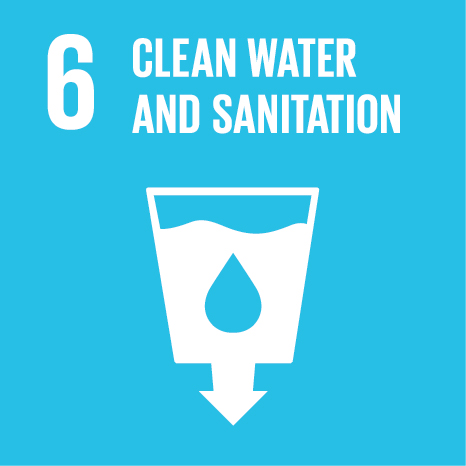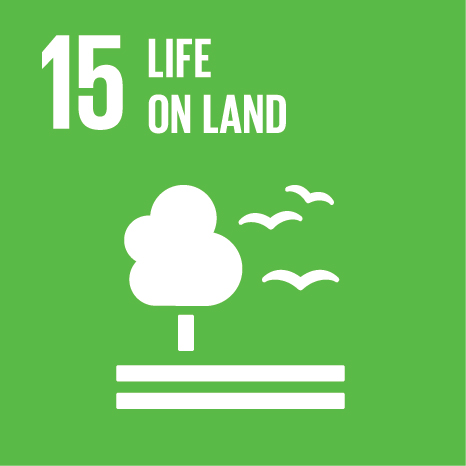Ciência_Iscte
Publications
Publication Detailed Description
Mainstreaming sustainable decision-making for ecosystems: integrating ecological and socio-economic targets within a decision support system
Journal Title
Environmental Processes
Year (definitive publication)
2014
Language
English
Country
Switzerland
More Information
Web of Science®
Scopus
Google Scholar
This publication is not indexed in Overton
Abstract
Ecosystem sustainable management, and the underlying decision-making process, generally requires the analysis of ecological, social and economic information, integrating both value judgements and policy goals. Since this process can be regarded as complex and tricky, natural resource management requires a well-structured and transparent decision-making process. In this regard, it is necessary to search for and implement sets of measures which can effectively solve emerging problems. Based on the assumption that decisions concerning the management of watersheds may imply trade-offs between their different functions, the intent was to test if software tools, such as MULINO, could be used to enhance multi-level governance of ecosystems. To achieve this, the DPSIR andMCAwere incorporated, to analyze and quantify the explicit trade-offs between several types of services provided by estuarine ecosystems and stakeholder objectives. The Mondego Estuary (Portugal) was used as case study. This system is under constant pressure, from both natural and anthropogenic drivers. Urban expansion and tourism were identified as having a strong impact on system development, while agriculture, although declining, had a determinant role in the system’s status. The study evaluated potential alternatives focusing on the water quality improvement goals that could be designed for the system. The MCA ranked several alternatives and pinpointed as the
best option the alternative that combines buffer zones, eco-tourism enhancement, wastewater treatment plant development, the Murraceira trademark and bivalves bio-control. This analysis allowed a simplification of several management objectives; nonetheless, further tests are still required to understand the real connection between these outcomes and decision-makers.
Acknowledgements
--
Keywords
Water quality improvements, WFD, DPSIR framework, Ecosystem services, MULINO-MCA, Decision-support system
Fields of Science and Technology Classification
- Earth and related Environmental Sciences - Natural Sciences
- Biological Sciences - Natural Sciences
Contributions to the Sustainable Development Goals of the United Nations
With the objective to increase the research activity directed towards the achievement of the United Nations 2030 Sustainable Development Goals, the possibility of associating scientific publications with the Sustainable Development Goals is now available in Ciência_Iscte. These are the Sustainable Development Goals identified by the author(s) for this publication. For more detailed information on the Sustainable Development Goals, click here.

 Português
Português



